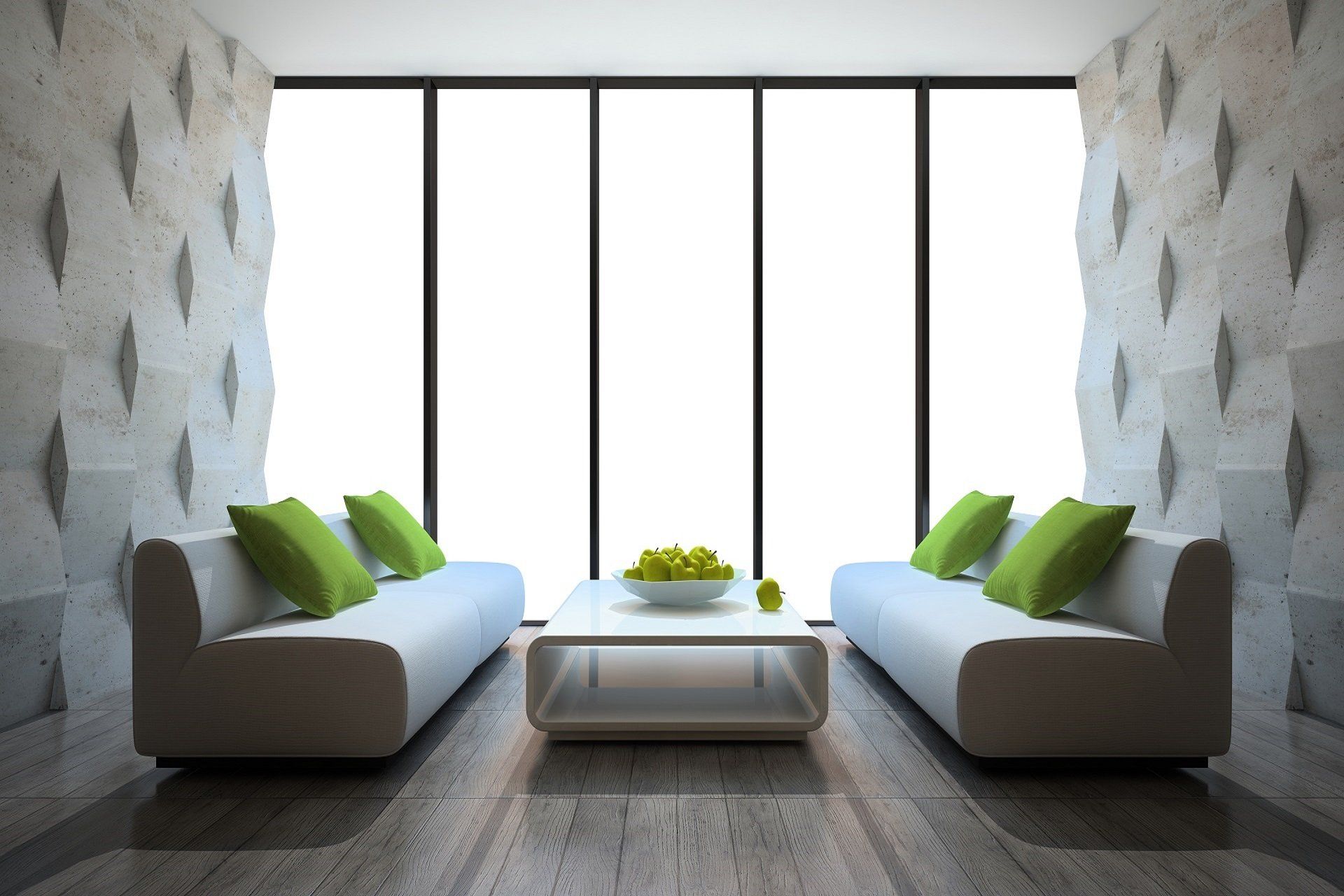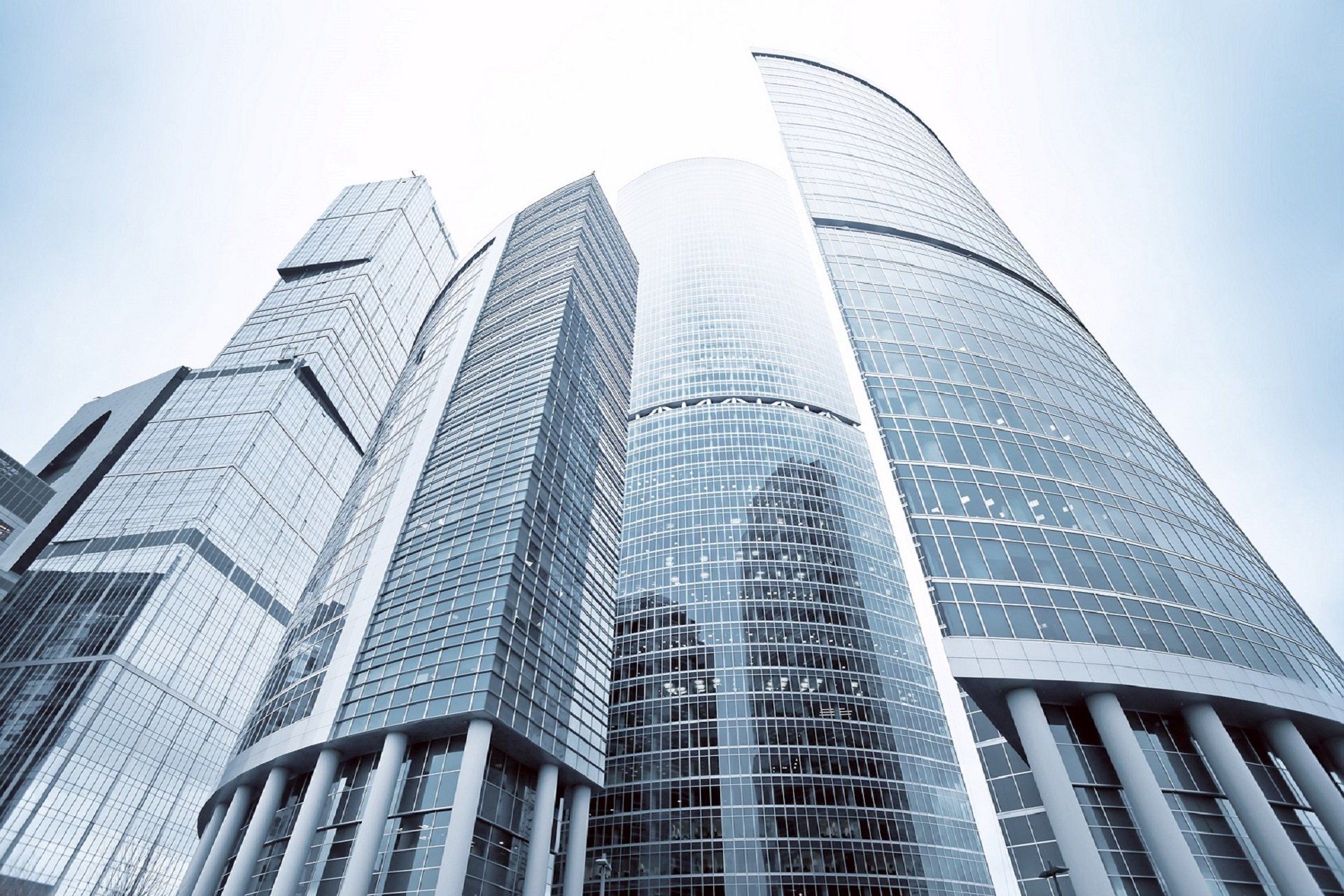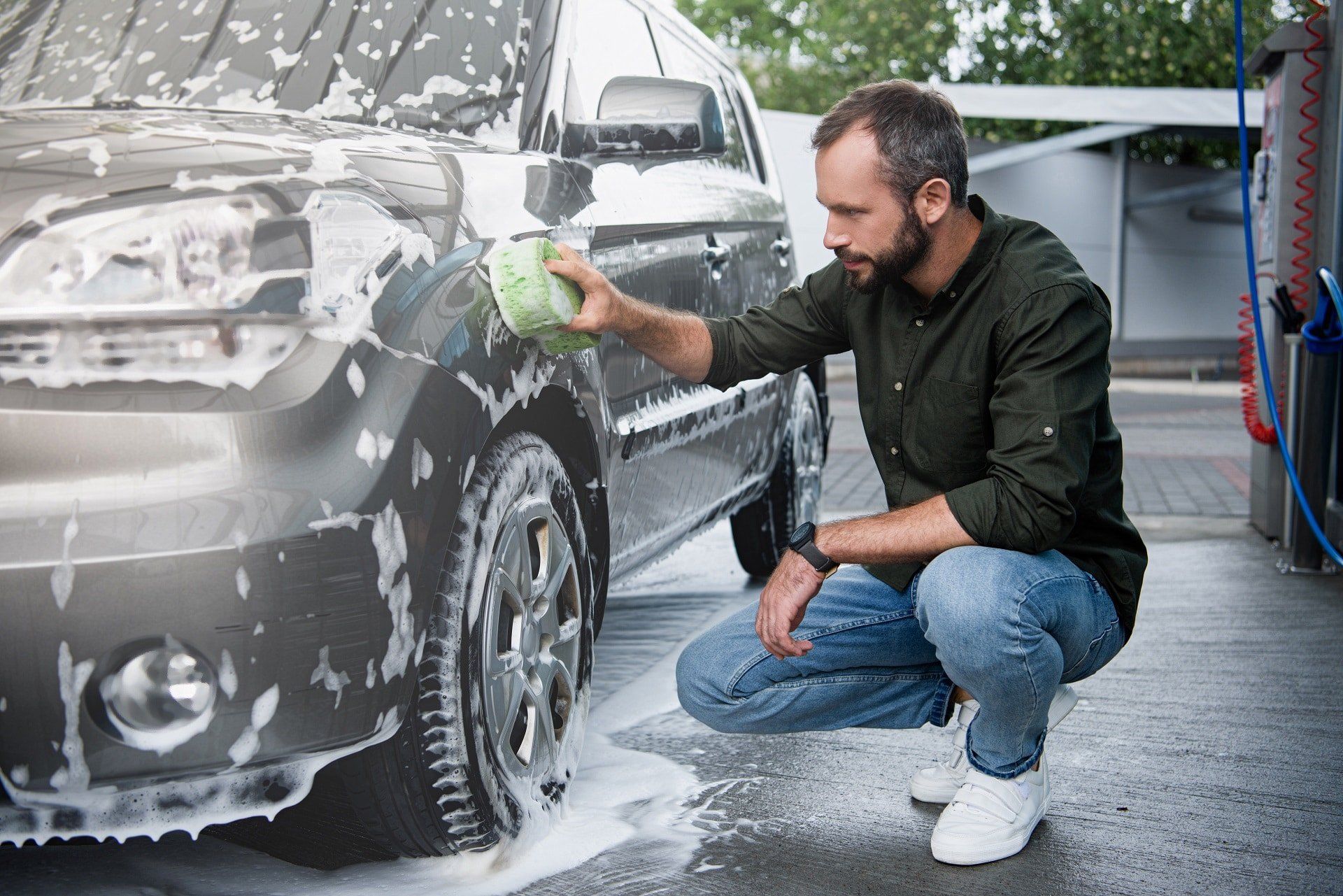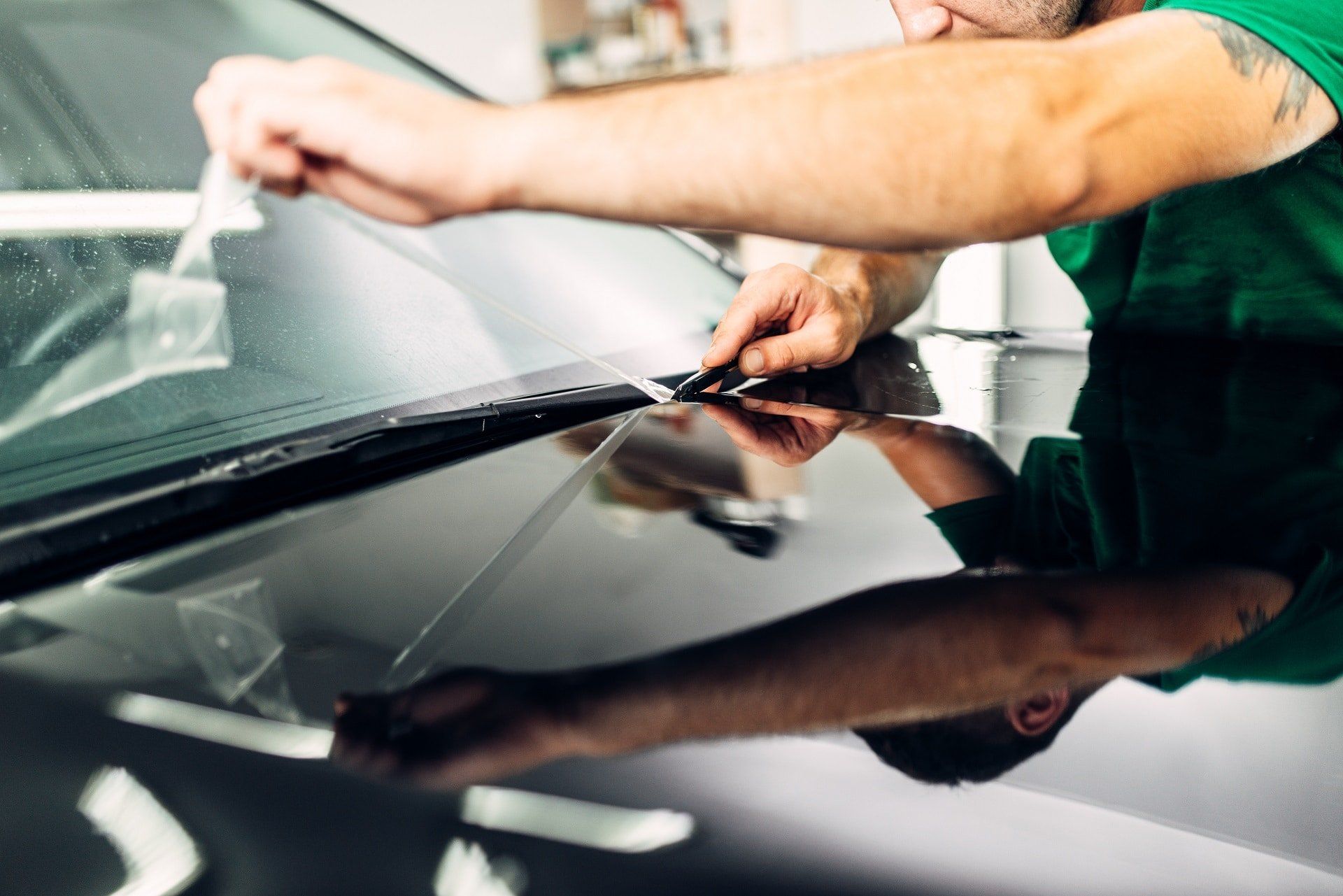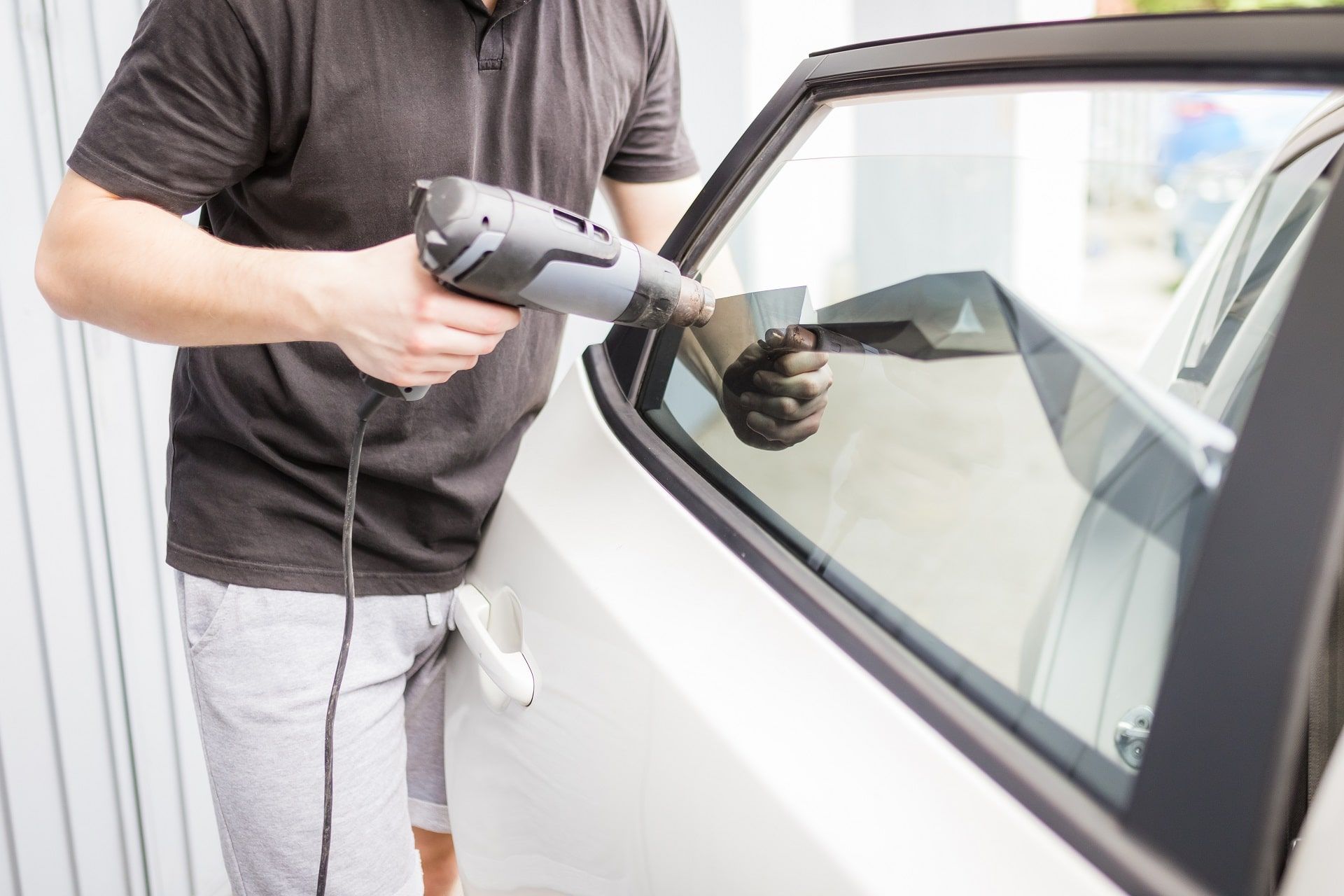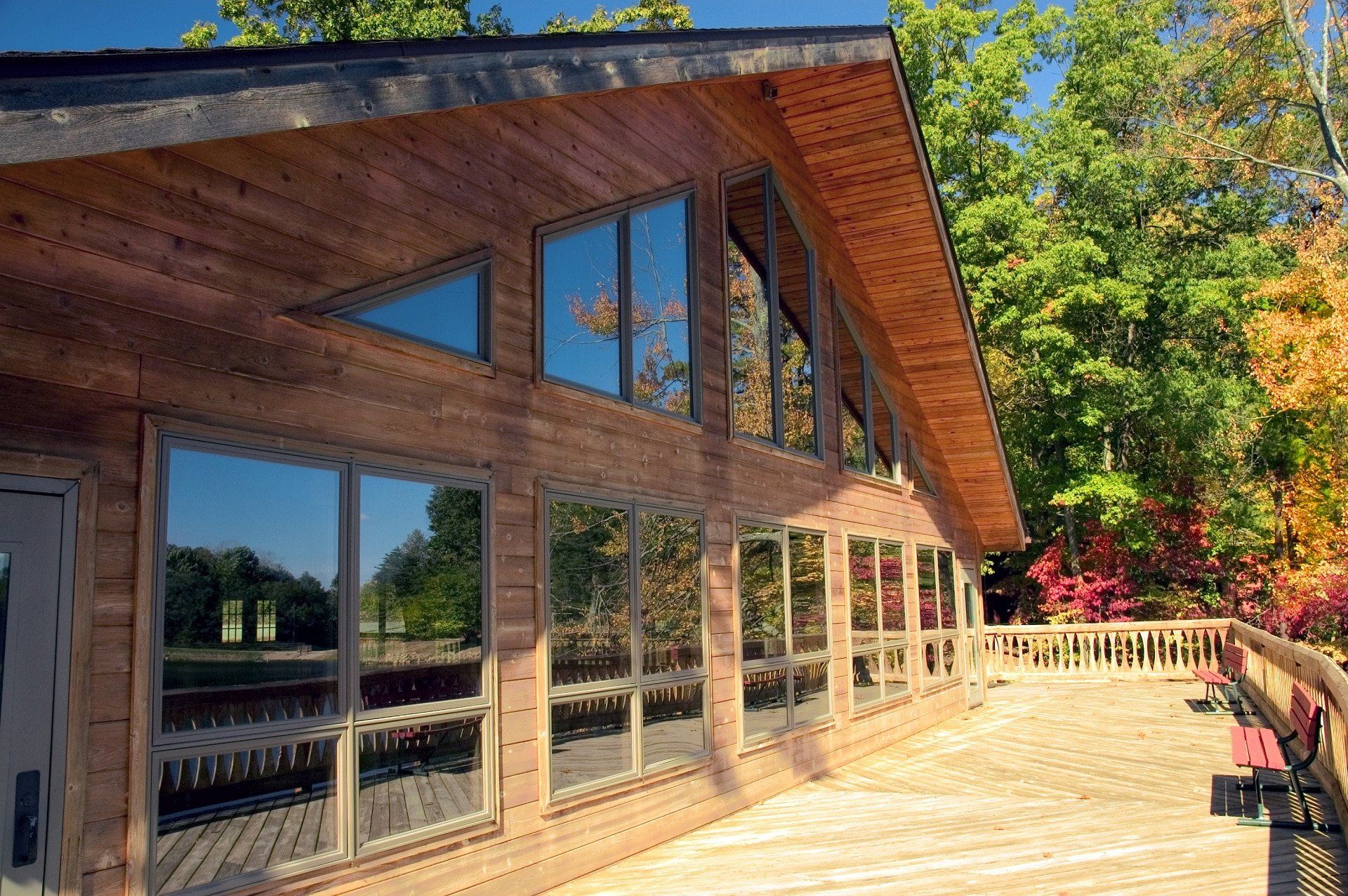Auto Tint vs. Architectural Tint – The Same Or Different? The Answer May Surprise You
Window tinting is a technology that just keeps getting better and better, and for good reason. Tinting is not only a sleek, attractive look for your car or home, but it actually has serious health benefits – like protecting against ultraviolet (UV) radiation that can travel through car and home windows.

In fact, a study in the Journal of the American Academy of Dermatology found that almost 53% of skin cancers in the United States are found on the left – the driver’s side – of the body. Those results suggest that people who drive a lot are more in danger of being exposed to UV radiation through the driver’s side window.
It comes as no surprise, then, that the popularity of the Calgary window film/tinting world is gaining more traction. If you would like to learn about all of the ins and outs of window tinting technology, we welcome you to contact Tint Tech today at 1-403-968-8468.
You may be wondering whether there is any difference between tinting technology for car windows compared to commercial and residential (i.e., architectural) windows. The answer is both yes and no. Read on to learn more.
Concept – Where Auto and Architectural Tinting Overlap
Generally speaking, auto and architectural tinting are very similar. At a basic level, they both use window films to
Generally speaking, auto and architectural tinting are very similar. At a basic level, they both use window films to tint windows. In that regard, they share the same overarching purpose – to keep a car, office or home more comfortable.
tint windows. In that regard, they share the same overarching purpose – to keep a car, office or home more comfortable.
Direct sunlight through a window can cause intense heat, accompanied by intense glare. As noted above, a plain, untinted window does not stop UV radiation from coming into a car, home or office. Sunlight can cause premature damage to furniture, art work, or other items in a home or office; and it can increase the pace of deterioration of a car’s dashboard and upholstery. Window tinting technology , either auto or architectural, is meant to protect against all of those issues.
In sum, auto and architectural window tinting shares the following benefits:
1. Saves on Air Conditioning:
Window tinting limits heat in the interior of the car, home, or office in hot weather, thereby reducing air conditioning costs;
2. Saves on Heating Costs:
Tinting reflects heat back into the car, home, or office in cold weather, thereby reducing heating costs;
3. Avoids Fading:
Window tinting keeps home furnishings and car upholstery from fading;
4. Protects From Burglary:
Certain types of safety window films can be several times thicker than standard sun-protective films, thereby reducing the chances of break-ins, property damage, damage from storms, and injury from shattered glass;
5. Health Benefits:
As noted earlier, window tinting can also protect against harmful UV rays that could lead to skin cancer. Both auto and architectural tints filter out virtually all harmful UV rays.
Composition – The Difference Between Auto and Architectural Tinting
While the concept of window tinting is the same whether we are dealing with auto or architectural window tinting, the composition is very different. Here are some of the major differences.
Designed to Shrink? The window tinting for car windows is specially designed to shrink to curved glass. The window film itself has an adhesive that will attach and hold fast to the glass to give it that seamless, wrinkle-less, smooth look that is the mark of professional tinting – no matter the curvature of the surface.
Architectural window tinting, on the other hand, will not shrink, and does not normally need to because of the flat surface of home or office windows. In fact, if you apply automotive tint to flat glass it may cause the flat glass to break because of the auto tint’s ability to shrink.
Absorbing vs. Reflecting the Sun . One interesting difference between auto tint and architectural tint is how the sun’s energy is handled. Auto tint actually absorbs the sun’s heat. What gets rid of that heat is the wind rush when the car is in motion. So, a car that is sitting in the hot sun will likely be a lot hotter inside with tinting – be careful my fellow drivers.
Architectural tint, by contrast, is designed to reflect the sun’s energy. By reflecting the energy, the sun’s heat is stopped at the tint, and the window does not get hot. That means that no motion or wind is needed to cool the window.
The reason for the difference between the types of tint is because legal restrictions limit the darkness of automotive tint for safety reasons. A tint that is too dark in a car can be impossible to see through at night. Accordingly, the reflective properties and darker tints available to architectural windows are simply not available to the window films used on automotive windows.
Metallic Materials. Adding metals to a window tint can greatly increase color stability and heat rejection. The driver of a car, however, utilizes a number of electronic gadgets – GPS system, cell phone, satellite radio, etc. – and is surrounded by glass. Accordingly, car window tints cannot have metallic materials in them because they will interfere with the electronics in the car. Car window tints, then, are engineered with dyes to partially or completely replace the metallic components. For that reason, car window tints suffer slightly from color stability and heat rejection.
Application – Always Get An Expert To Do Your Window Tinting
The one rule that both auto and architectural window tinting will always share is that you should get a professional to install it . At Tint Tech, we take enormous pride in our work. In Calgary, window tinting and window film are our specialties. To us, every car, home, or office window is treated as if it is our own.
That level of care is what makes us the ‘cream of the crop’ in the window tint industry. Our state-of-the-art protective film technology increases the security of your glass and adds privacy for car and home windows alike. Most importantly, our work results in a clean, attractive, lustrous look for any window. Call us today to learn more at 1-403-968-8468. Get ready to love the work we do for you.
Disclaimer: The information on this website and blog is for general informational purposes only and is not professional advice. We make no guarantees of accuracy or completeness. We disclaim all liability for errors, omissions, or reliance on this content. Always consult a qualified professional for specific guidance.

